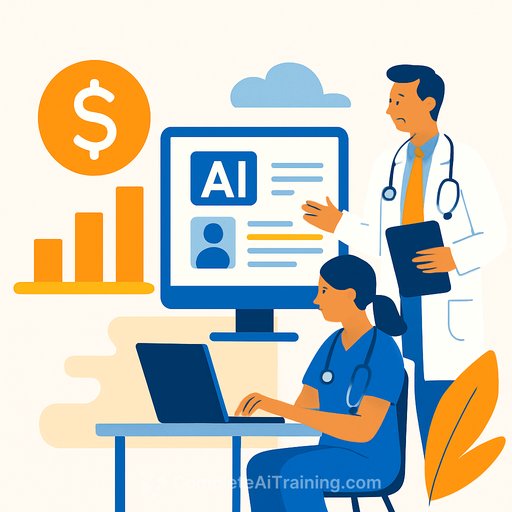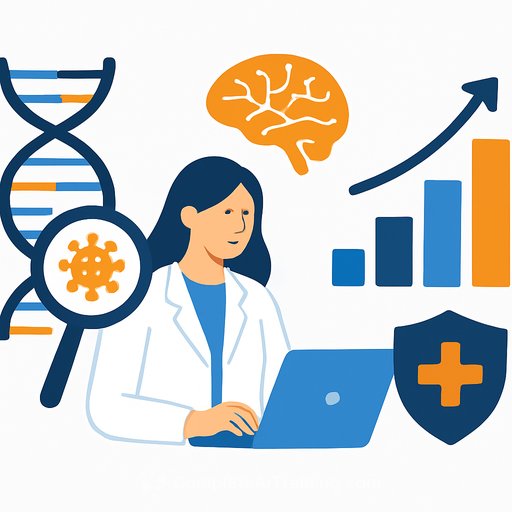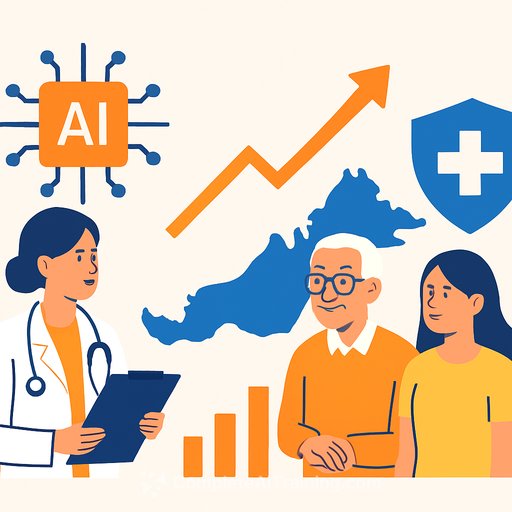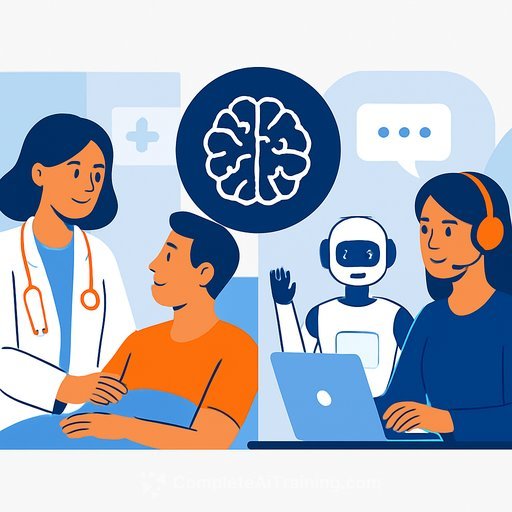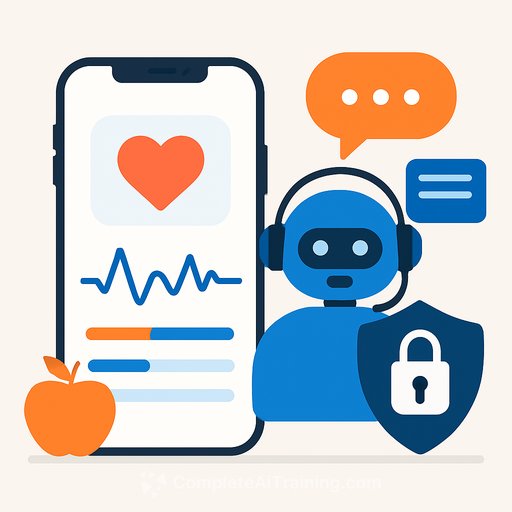How AI-Powered Clinical Documentation is Changing Healthcare Workflows
Clinicians have praised generative AI clinical documentation tools for giving them back hours in their workday. These AI models help reduce the administrative burden on clinical staff by automating note-taking and documentation tasks. While industry leaders acknowledge their effectiveness, questions remain about the financial return on investment (ROI) of ambient AI solutions.
In March, the Peterson Health Technology Institute released a report indicating limited evidence that AI scribes deliver a positive financial impact. Yet, one health system’s experience challenges this finding, showing a clear ROI from clinical documentation AI.
Riverside Health’s AI Implementation
Riverside Health, a Virginia-based system with five acute care and three specialty hospitals, recently reported revenue and net margin growth after adopting Abridge’s ambient AI technology. Abridge’s tool listens to doctor-patient conversations and generates clinical notes automatically, reducing physician burnout and improving documentation accuracy.
Dr. Shiv Rao, CEO of Abridge and practicing cardiologist, explains that physicians hold detailed conversations with many patients daily but often can’t fully document these interactions due to other demands. This gap results in incomplete clinical records and missed reimbursement opportunities.
“In this country, you don’t get compensated for the care that you deliver. You get compensated for the care that you document that you deliver,” Rao stated.
Positive Outcomes from Abridge’s Tool
Since starting the deployment last May, Riverside Health has seen a 14% increase in Hierarchical Condition Category (HCC) diagnoses documented per encounter. This improvement means more risk-adjusting conditions are identified, which leads to better reimbursement accuracy and more appropriate care plans, according to Charles Frazier, Riverside’s Chief Medical Information and Innovation Officer.
Additionally, Riverside physicians have experienced an 11% increase in work relative value units (wRVUs). wRVUs measure the effort, skill, and time a provider spends on patient care and help determine compensation.
Beyond financial gains, the AI tool significantly reduced clinician burnout. A survey before the pilot found 61% of providers reported some burnout, matching the national average. After 30 days using the AI tool, that number dropped to 27.7%, convincing Riverside leadership to expand access.
Originally piloted with 30 physicians across primary care and specialties, the program now includes hundreds of clinicians.
Why This Matters for Healthcare Professionals
- Improved documentation accuracy can lead to higher reimbursement and better patient care alignment.
- Automation of clinical notes eases administrative workload, reducing burnout among clinicians.
- AI tools like Abridge’s demonstrate that ambient AI can deliver measurable financial benefits in healthcare settings.
For healthcare professionals interested in AI applications, gaining skills in AI tools and automation can enhance efficiency and patient care. Explore relevant courses and certifications to stay informed about practical AI uses in healthcare.
Learn more about AI training options at Complete AI Training.
Your membership also unlocks:

